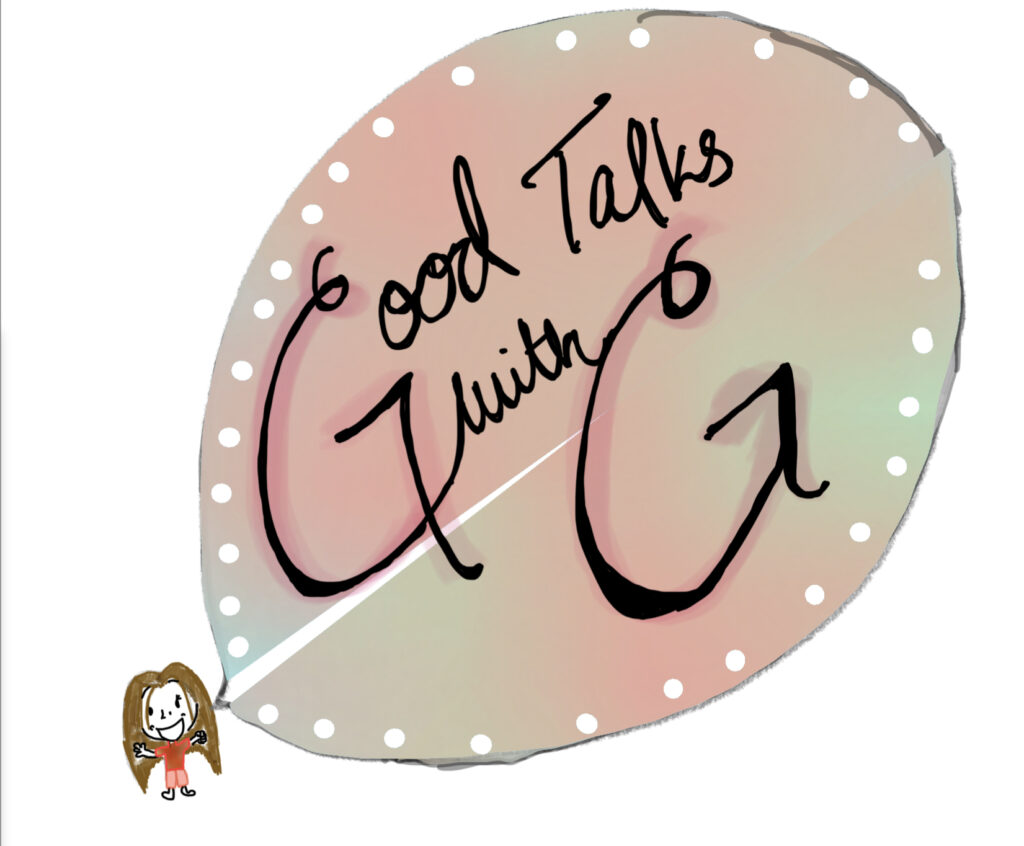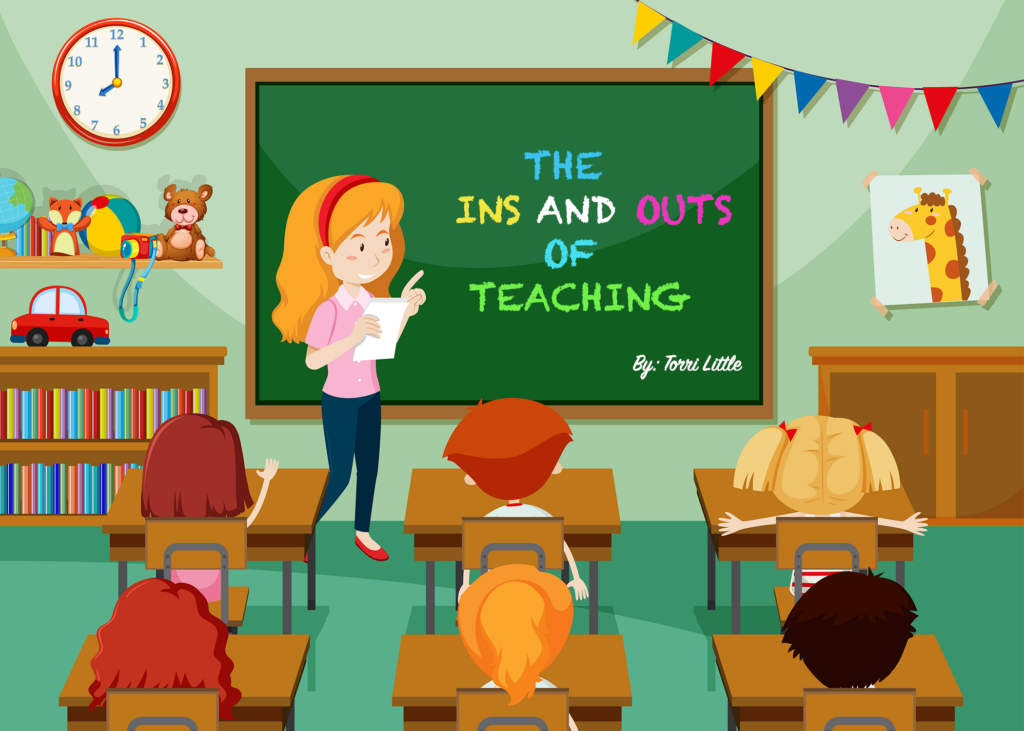NEW FOR THURSDAY:
- Choose one or two elements of good story ideas described by Abel and Glass and describe how they are at play in your chosen episode.
- Be prepared to talk about your own story ideas, no matter how tentative.
You’ll be doing group presentations for Tuesday’s class. You’ll work with the same groups you were in for the previous episode. (See below) Your job is to choose a conversation episode of a podcast you all find interesting and break it down for the rest of us.
With that in mind, you should contact each other and come to a decision about the episode you want to choose—something interesting to all of you. It can be an episodes of a show we’ve listened to as aa class, but not the episode we listened to. Or it can be something you choose on your own. Once you’ve chosen, send me a link.
Once you’ve chose, you should all listen and take notes, with time stamps. It’s up to you whether you want to keep communicating during that process. For your notes, pay attention to the elements of audio storytelling we’ve been talking about:
- Moments where guests or hosts tell compelling stories
- Motive
- Visual description / narration
- Suspense
- Empathy / connection
- Humor
- A story leading to an idea
- Roles of those in the conversation (expert / student / curious person / other)
- Elements of sound design that propel the story
- Conclusions (resolutions / unresolved questions or issues)
You’ll have fifteen minutes to prepare your presentation and fifteen minutes present. You should discuss some of the elements listed above and choose at least two clips for us to listen to as a class.
Groups
Ariannna, Holden, Carlos
Angelina, Monica, Kristina, Edwin
Tatjana, Shmyah, Eduardo, Loida
Alessia, Grazelle, Torri, Kate




